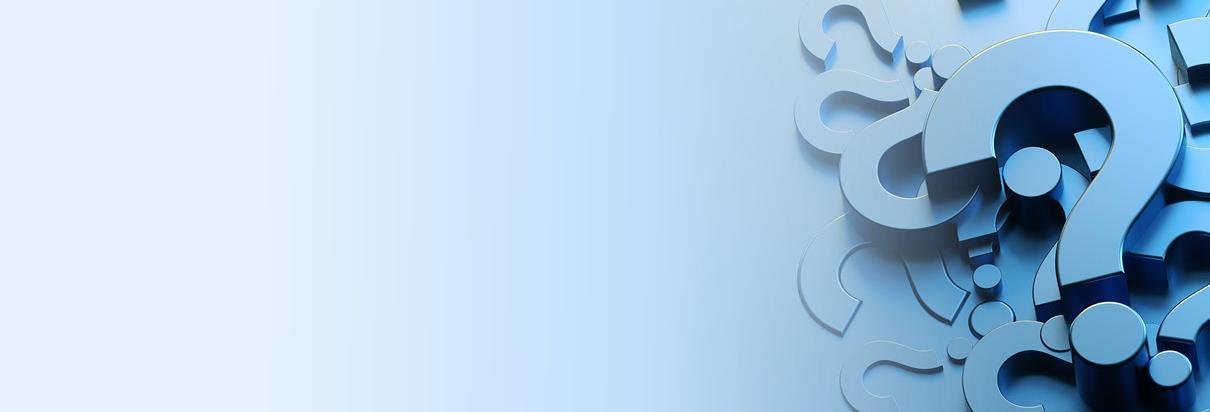Check if you are at risk
The risk of developing an inadequate diet in old age is very high. It is particularly important to recognize the first signs of this as quickly as possible and counteract the depletion of the body's tissues by taking appropriate measures. So how can you assess your nutritional status?
Analysis of your nutritional status and diagnosis of an inadequate diet can be undertaken by the doctor treating you, on the basis of a variety of tests and a thorough medical history. A BMI (body mass index) check – measuring your height versus weight - and completing the checklist for inadequate nutrition can provide you with the first indications of a possible risk.






